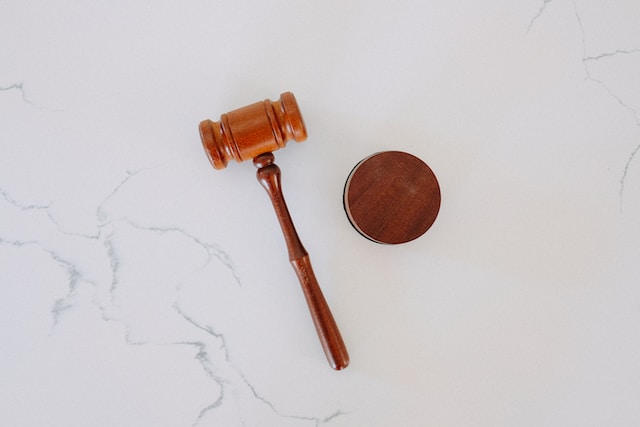Lawsuit Seeks to Block First Publicly Funded Religious School in the US: A Debate on Church-State Separation
In a groundbreaking legal battle, a lawsuit has been filed to prevent the establishment of the first publicly funded religious school in the United States. The case has stirred a heated national debate about the separation of church and state, casting a spotlight on the complexities surrounding education funding and the protection of constitutional rights.
The lawsuit revolves around the core principle of the First Amendment of the US Constitution, which states that “Congress shall make no law respecting an establishment of religion, or prohibiting the free exercise thereof.” This constitutional safeguard ensures the separation of church and state and protects citizens’ rights to practice their religion freely without government interference. Advocates for the lawsuit argue that public funds should not be used to support religious institutions, as it could breach this vital principle.
The Controversial Debate on Church-State Separation
The controversy surrounding this case stems from the differing perspectives on the interpretation of the First Amendment. Supporters of the proposed religious school argue that it is an issue of educational choice and religious freedom. They contend that parents should have the right to use public funds to send their children to a religious school of their choice, just as they can with secular private schools.
However, opponents of the religious school claim that such funding would blur the line between government and religion, potentially leading to a dangerous precedent. They assert that using taxpayers’ money to support religious institutions could favor certain faiths over others, violating the principle of equal treatment of all religions under the law.
Implications on Education Funding
Beyond the constitutional debate, the lawsuit also sheds light on the broader implications for education funding. Publicly funding a religious school could have significant consequences for the overall education system. Critics argue that diverting funds to a religious institution might result in decreased funding for secular public schools, potentially compromising the quality of education available to all students.
Proponents of the religious school, on the other hand, maintain that introducing competition into the education system could lead to improved outcomes and more educational options for students and parents. They contend that a publicly funded religious school could provide an alternative learning environment for families seeking a faith-based education.
Protection of Constitutional Rights
At the heart of the lawsuit lies the fundamental issue of protecting constitutional rights. The First Amendment was designed to safeguard citizens’ freedom of religion and prevent the government from promoting or establishing a state religion. Opponents of the religious school assert that providing public funding to a religious institution goes against the spirit of this protection, potentially infringing upon the rights of those who practice different faiths or no religion at all.
On the other side of the argument, supporters of the religious school maintain that religious freedom also includes the right to access publicly funded educational opportunities without facing discrimination based on their beliefs.
The Verdict and Its Ramifications
The outcome of this lawsuit could have far-reaching implications for the education landscape and the delicate balance between church and state in the United States. Depending on the court’s ruling, the case may set a precedent that shapes future decisions regarding public funding for religious institutions.
As the legal proceedings unfold, the nation watches closely, aware that the verdict will have implications on constitutional rights, education funding, and the interpretation of the First Amendment for years to come.
In conclusion, the lawsuit seeking to block the first publicly funded religious school in the US has ignited a contentious debate on church-state separation. As the case progresses, the nation grapples with questions surrounding education funding and the protection of constitutional rights. The verdict is eagerly awaited, as it will undoubtedly impact the future of religious freedom and education in America.












